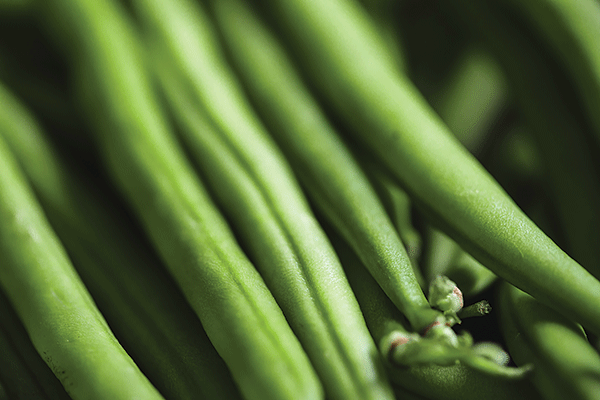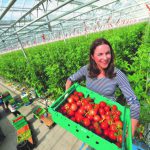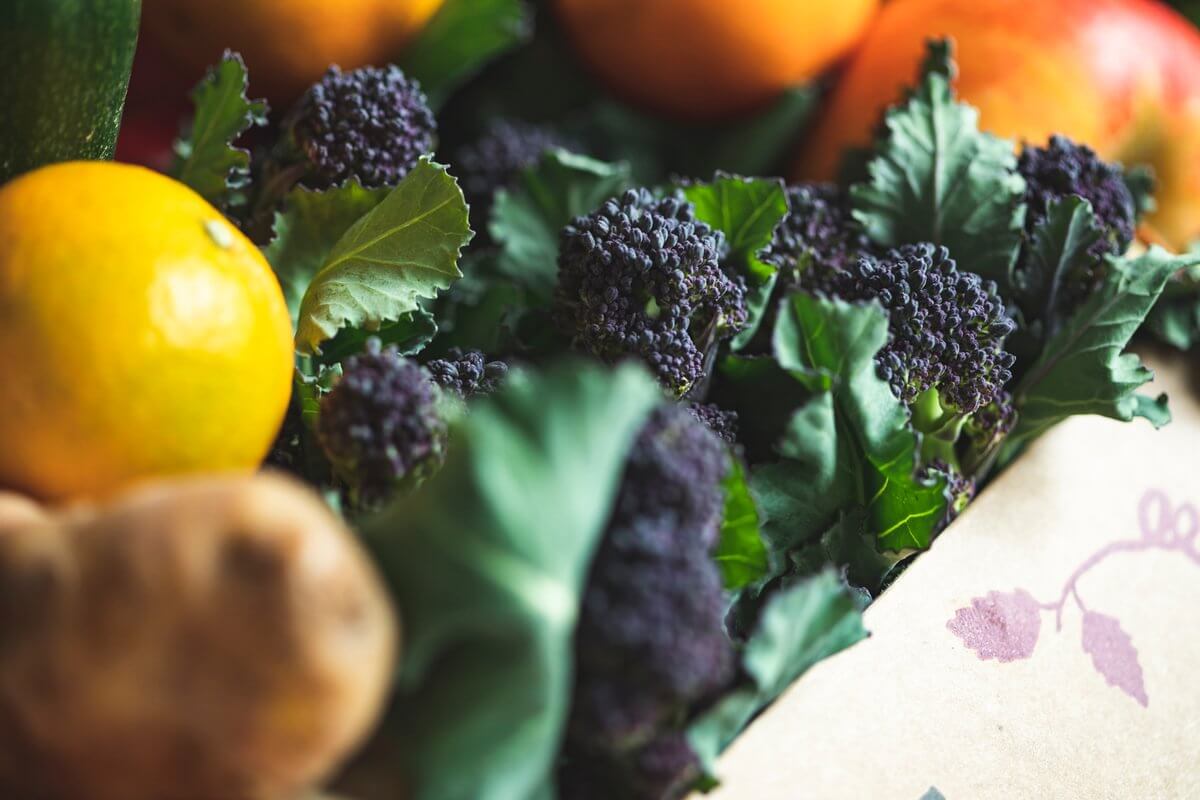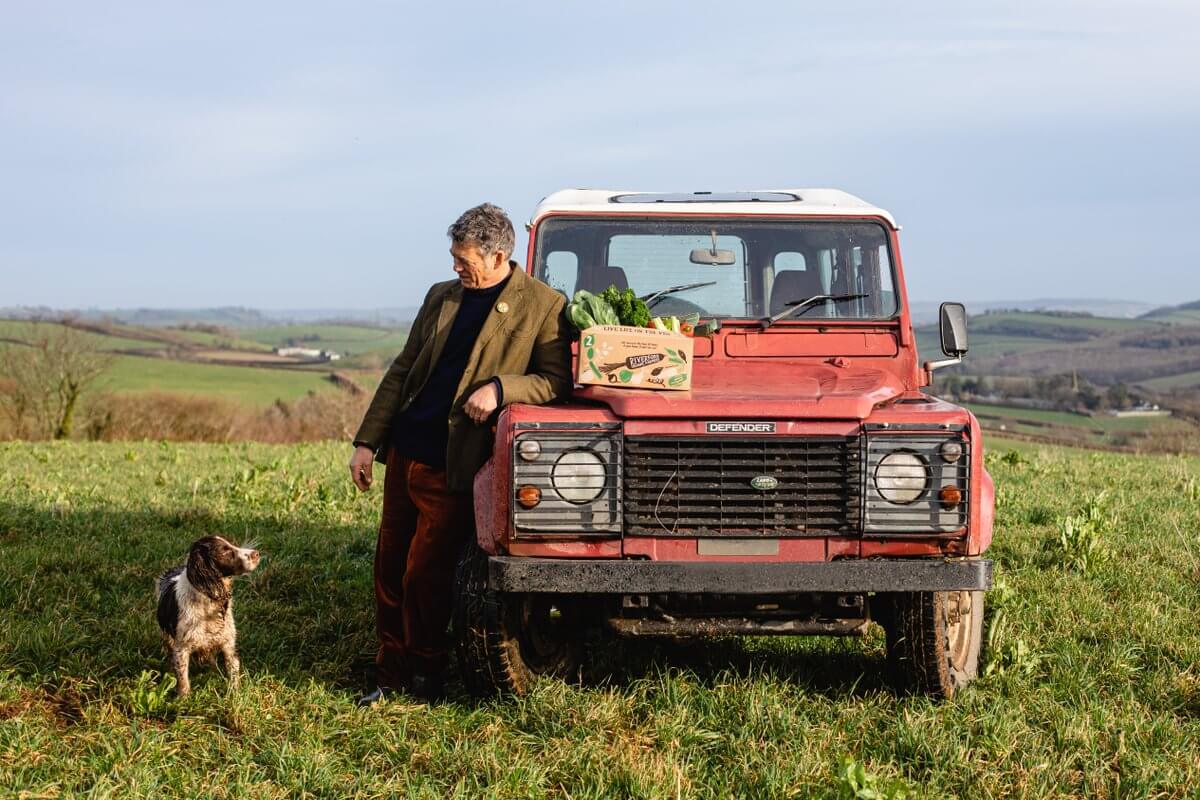Tim Lang, the ‘father of Food Miles’, stands by his original thesis that the distance food travels matters.
He would still encourage people to take a ‘bioregional approach’, choosing local and seasonal first. Not just for the relatively small amount of carbon saved but for the food system it encourages by supporting nature-friendly farms using less chemicals. But he acknowledges that distance travelled does not tell the whole story.
Ideally, every product needs a complete Life Cycle Analysis that tells the story of a food item from seed to plate. The trouble is that this can be an extremely complicated analysis of up to 51 criteria. What do you include, and what do you leave out? The fertiliser spread by the tractor? The petrol put in the tractor? The energy to build the tractor?
To clarify things and counter some of the criticism of Food Miles, Professor Lang and his colleagues have come up with a new concept: ‘omni-standards’. Unfortunately, ‘omni’ – meaning ‘everything’ in Latin – has not been embraced with the same enthusiasm as Food Miles by the world press.
This is not an opportunity to bash Greens but a chance to get our heads around the profoundly complex issues surrounding our food system, including carbon emissions, biodiversity loss and labour rights. Sadly, that is simply not as sexy (though, believe me, I am doing my best). Omni-standards is a labelling system that would tell consumers how food impacts the environment and society.
The label looks like a ‘food flower’ with each ‘petal’ representing an area of concern. One ‘petal’ might represent the carbon footprint of a food item, another might be nutrition, another labour rights, and so on. Each ‘petal’ would be colour-coded, so a green petal would indicate the food product did well in this area, whereas a red petal would show it is failing on a critical issue.
Green beans from Kenya are a perfect example. They are healthy and would have a green nutrition petal, and if they are grown in partnership with Farm Africa, they will show a green petal for Fairtrade. However, they would have a red carbon footprint petal because of airfreight.
Professor Lang admits this labelling system would be a lot for a parent to process while standing in a supermarket aisle with a screaming toddler, but that is not the point. The most urgent need is to set standards everyone can recognise and that hold retailers and producers accountable.
Lang and his colleagues have set up a not-for-profit group, Omni Action, to begin the work of collating these standards. They are bringing together an independent body of experts to gather the vast amount of data that is now available and set the new standards. Professor Lang says the world can address these ‘omni-problems’ in the food system by coming up with ‘omni-standards’.
‘What a food system needs, if it is to be good, is to tick lots of boxes. We must not trade off the environment for health or social justice and labour rights for cheapness,’ he says. ‘We’ve got to have all of the criteria the world needs to be addressed in its food system addressed at the same time. It’s got to be multiple actions at multiple levels across multiple sectors, from production to consumption.’
Omni Action hopes this ‘multicriteria’ approach would produce a food label everyone understands. More than that, it would be a narrative everyone understands. The question is: which story do you choose?
Avocado Anxiety (and other stories about where your food comes from) by Louise Gray (£12.59, Bloomsbury) is out on 16 Feb.










Given that many people struggle/d with re-cycling symbols and grades of plastic it will have to be simple enough to follow but with a degree of complexity that enables consumers to select products that suit their particular drivers.
I think at first the idea is that retailers get their heads around it, as a motivation to start measuring these things. The hope is that in the long run consumers will also begin to understand it. The omni label team at https://omniaction.org are realistic that it will take time…